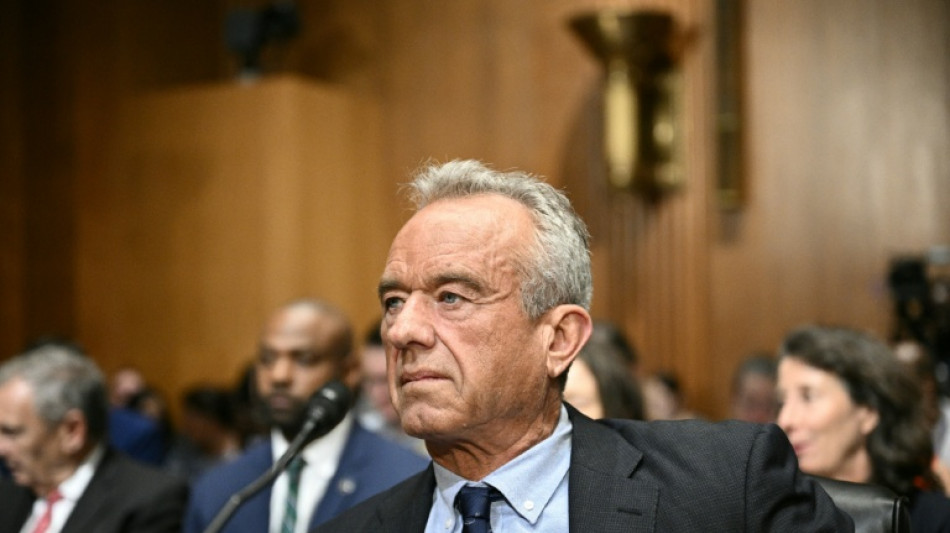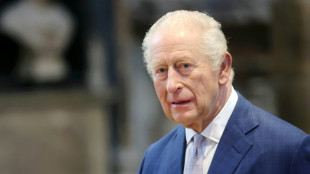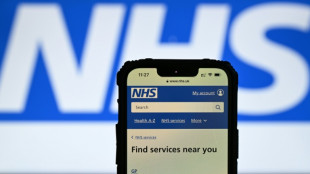

US vaccine panel to hold high-stakes policy meeting
A US panel stacked with figures sympathetic to the anti-vaccine movement will on Thursday take on federal immunization recommendations in a highly politicized meeting that could upend longstanding medical advice.
President Donald Trump's top health official, Robert F. Kennedy Jr., handpicked the voting members of the medical advisory group that is expected to consider whether to alter the standard childhood vaccine schedule -- a move public health experts warn could have dire consequences.
The specific questions that will come to a vote during the two-day meeting in Atlanta aren't public, but it's expected discussion will include delaying childhood shots including against the highly contagious disease Hepatitis B.
The Covid-19 vaccine is also on the agenda, as well as the combination MMRV shot that covers measles, mumps, rubella, and varicella shot, which is offered as an alternative to separate MMR and chicken pox injections.
They're expected to discuss the small increase in risk of febrile seizures that could result from the combined MMRV jab.
Earlier this year anti-vaccine advocate Kennedy fired all 17 members of the influential Advisory Committee on Immunization Practices and replaced them with members whose vaccine skepticism tracks more closely with his own.
Their first meeting promoted anti-vax themes and raised questions about long-settled medical debates.
The revised committee and its agenda has many members of the medical, scientific and policy communities concerned that ideology rather than science will guide the future of public health in the United States.
"Vaccines have added decades of life to our life expectancy. They have helped Americans live healthier lives. There's so much here that's riding," said epidemiologist Syra Madad.
She told AFP shifting the childhood vaccine schedule "is like pulling bricks out of the foundation of public health."
"It risks collapse, and creates real consequences for every community in America."
Experts including Madad say the votes could prompt unnecessary confusion and concern among parents.
Revised recommendations could also restrict federal funding of vaccines for low-income families, or shift requirements for private insurers.
- Preying on 'ignorance' -
Kennedy has spent decades promoting vaccine misinformation, including the widely debunked claim that the MMR shot causes autism.
He has also taken aim at the Hepatitis B shot. Since 2005 ACIP has recommended administering the first dose to most newborns within 24 hours of birth, to prevent any maternal transmission of the disease, which can cause severe liver damage.
But because Hepatitis B is also spread sexually and through needles, Kennedy and his allies have questioned why newborns need protection from it.
Amesh Adalja, an infectious disease specialist at Johns Hopkins University, said that notion is "a play on people's ignorance."
"RFK doesn't get rewarded when he prevents perinatal Hepatitis B, he gets rewarded when he panders to the anti-vax movement," Adalja told AFP.
The committee is also expected to consider this season's Covid-19 shot, including who should get it and who should pay for it.
The meeting comes one day after the ex-chief of the US disease prevention agency told senators she was fired for refusing to promise Kennedy she would approve ACIP recommendations to childhood vaccine schedules not backed by scientific evidence.
Her ouster triggered a series of high-profile resignations from the Centers for Disease Control and Prevention.
Meanwhile some states are taking matters into their own hands.
Four Western states governed by Democrats on Wednesday delivered their own detailed guidance on seasonal shots, recommending most people get a Covid-19 and flu shot.
That missive mirrors the advice of national medical institutions.
Those efforts are "a great way to make sure that the access is still there," said Madad, but "I am worried about the patchwork that it's causing across the United States."
"I'm just concerned and frustrated at the state of affairs that we're in right now."
T.M.Kelly--NG



